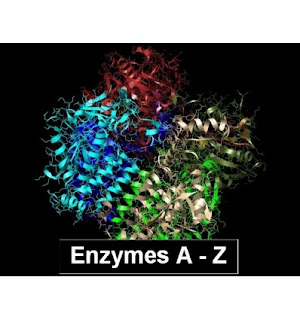Significance of Isoelectric Focusing Gels
Isoelectric focusing is also known as electrofocusing, is a technique for separating different molecules with their isoelectric point differences. This is a type of zone electrophoresis that is usually done on proteins in the gel that utilizes the fact that the overall charge on the molecule of interest is the function of the pH of its surroundings.
Biophoretics Isoelectric Focusing Gels effectively make pH gradients so separate proteins are
following their unique pi. This gel can be used to determine PI or detect small
changes in protein due to deaminations, phosphorization, or glycosylation. They
can also complete various proteins with similar sizes that cannot be solved on
standard SDS gel pages.
Biophoretics Isoelectric Focusing Gels are excellent
for native, non-denaturing applications using soluble proteins. All IEF Gel is
provided at 1,0 mm thickness and 5% acrylamide concentration.
IEF Gels provide:
1. Clear and sharp bands to facilitate identification of protein modifications
2. The higher resolution of slight differences in size than SDS-PAGE
3. Accurate pi determination
Just place the gel into the horizontal
electrophoresis unit, apply the buffer-soaked electrode axis, and load samples.
The gels are offered with thin and ultrathin gel layers. Thinner layers use
sample volume, run faster, and stains faster. The gels are each individually
sealed to provide up to 18 months of shelf life.
Our Isoelectric Focusing Gels product Details
1. These are Supplied as a package of 5 gels
2. Shelf-life 18 months
3. Four pre-selected pH ranges (3–10, 3–6, 4–6, 6–9)
4. Available as a kit that contains everything needed to do IEF
For more information about IEF Gels do visit our website.


Comments
Post a Comment